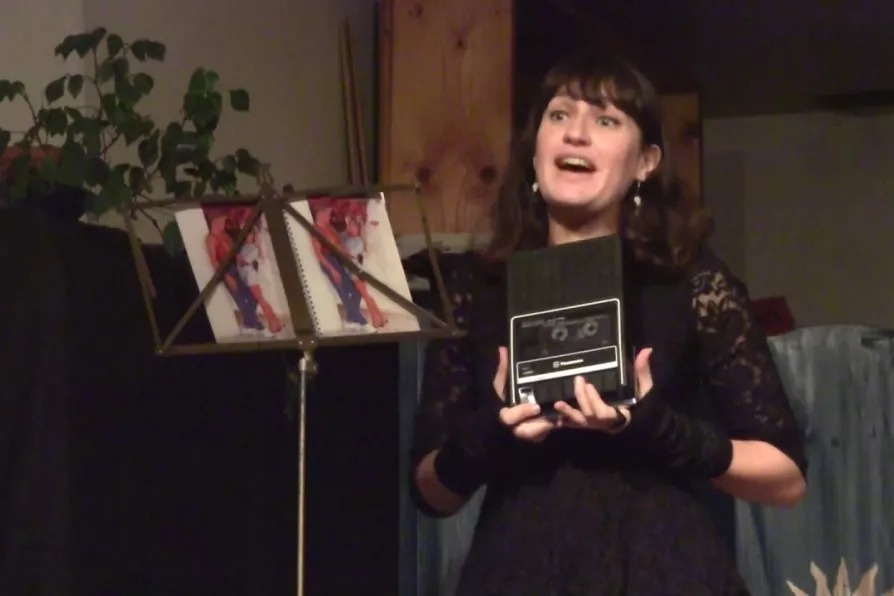FIONA O’CONNOR and MARIA DUARTE review State of Statelessness, Rental Family, 28 Years Later: The Bone Temple, and The Rip
Letters from Latin America
Reviews of poetry and fiction from Juana Adcock, Cristina Rivera Garza, Richard Blanco and Mario Levrero

 Spanglish specialist: Juana Adcock
Spanglish specialist: Juana Adcock
NOT just a means of communication, Spanglish has been described by essayist Ilan Stavans as “either the marriage or the divorce between two languages, Spanish and English, that have been with each other and at each other for over 150 years, if not more.”
One of the its best literary practitioners is Latinx poet and translator Juana Adcock. Mexican-born and based in Glasgow, her recently published bilingual collection Manca (Argonautica) is a fierce and dazzling book exploring notions of violence, dislocation, the female body and what it means to write in various languages.
Similar stories

Ben Cowles speaks with IAN ‘TREE’ ROBINSON and ANDY DAVIES, two of the string pullers behind the Manchester Punk Festival, ahead of its 10th year show later this month

JOHN GREEN surveys the remarkable career of screenwriter Malcolm Hulke and the essential part played by his membership of the Communist Party

ANDY HEDGECOCK relishes two exhibitions that blur the boundaries between art and community engagement

CAROLINE FOWLER explains how the slave trade helped establish the ‘golden age’ of Dutch painting and where to find its hidden traces










